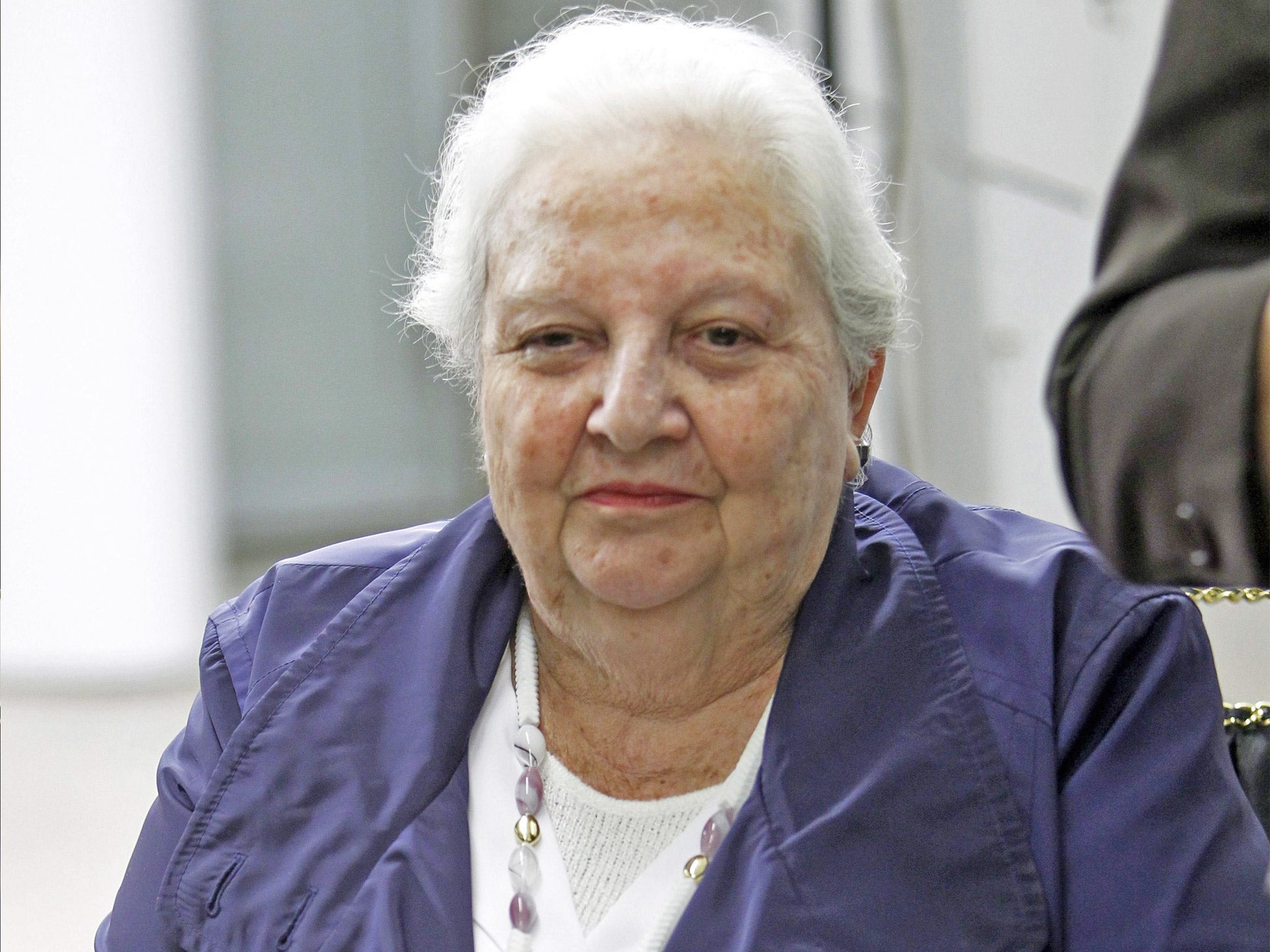Carmen Balcells: Literary agent whose roster enabled her to oversee the emergence of Latin American literature
Balcells' sense of involvement with her writers was such that she once said that if an author quit her agency, it was as if a love affair had ended badly

Given her lifelong work as a literary agent for more than 300 leading authors from Spain and Latin America, it is appropriate that stories and anecdotes should abound about Carmen Balcells. Probably the most famous is when Gabriel Garcia Marquez asked Balcells if she loved him. She replied “I can't answer that, you represent 36.2 per cent of our business interests.”
Then there was the time she visited an impoverished Mario Vargas Llosa in 1960s England and arranged a payment of $500 a month so he could concentrate on writing. Or the occasion when she re-cooked an entire dinner party's worth of food for the Mexican writer Carlos Fuentes and his wife when their flight was seriously delayed, pretending the celebrations were just starting when they finally walked through the door.
For all that one of her favourite phrases was, “I don't have friends, I have interests,” Balcells' sense of involvement with her writers was such that she once said that if an author quit her agency, it was as if a love affair had ended badly. If they remained with Balcells, however, she would happily organise everything from schools for their children to finding them places to live – even sometimes living with them, as with the acclaimed Spanish author Ana Maria Matute, to help them finish a novel.
Generous to a fault, she was also blessed with huge business acumen on behalf of her writers when it came to dealing with editors. “Carmen Balcells invented the figure of the literary agent in Spain,” said Miguel Aguilar, literary director of the Barcelona-based publisher Debate. “She instigated fixed-term contracts, imposed compulsory advances and put the authors in control of their works and their incomes. In exchange she got their absolute loyalty and trust. 'Whatever Carmen says' was the standard answer.
”Admired, respected and feared by publishers, her fierce intelligence and spectacular displays of emotion dominated Spanish language publishing for decades.“ Thanks to her combination of financial acuity and vigorous defence of authors' rights, Balcells was also credited with overseeing the worldwide emergence of Latin American literature in the 1960s.
Balcells grew up in Santa Fe de la Segarra, a hamlet of some 20 people, in the Catalan province of Lerida, in a house with no heating or running water, circumstances which did not prevent her from gaining an accountancy degree by 1950. Five years later she began working for a literary agency set up by the Romanian novelist Vintila Horla in Madrid, and then in 1960 she founded her own in Barcelona. Superstitious, she ensured that all the company's first typewriters were yellow, her lucky colour, and advised writers to sign contracts on dates ending in seven.
Signing Garcia Marquez was one coup, although it is said that when she proudly presented him with a contract for $1,000 for a translation of one of his first novels, he claimed that it 'was a piece of shit.' He none the less nicknamed her ”Mama Grande“ for her professionalism and willingness to protect her writers. And he dedicated Of Love and Other Demons (1994) ”to Carmen Balcells, bathed in tears.“ Other big names she represented included Vargas Llosa, Isabel Allende – for whom she had cava specially bottled and labelled with the name of a novel Allende was promoting – Julio Cortazar, Eduardo Mendoza, Javier Cercas, Pablo Neruda, Miguel Delibes, Camilo Jose Cela, Manuel Vazquez Montalban, Juan Carlos Onetti and Carlos Fuentes.
Such a vast array of authors put her in the strongest of negotiating positions. Stories abound of her deft bargaining tricks, such as her opening gambit of writing a fake offer from one publisher on one side of a piece of paper before asking a rival editor to write his real counter-offer on the other side, then promptly flipping it over and comparing the two.
But Balcells' real legacy is surely in the wealth of Latin American and Spanish literature that without her intermediation could well have failed to see the light of day.
ALASDAIR FOTHERINGHAM
Carmen Balcells, literary agent, born Santa Fe de la Segarra, Spain 9 August 1930; married 1962 Luis Palomares (died 2010; one son); died Barcelona 20 September 2015.
Join our commenting forum
Join thought-provoking conversations, follow other Independent readers and see their replies
Comments
Bookmark popover
Removed from bookmarks